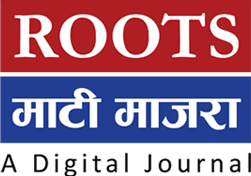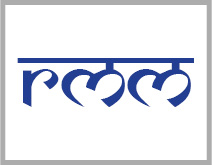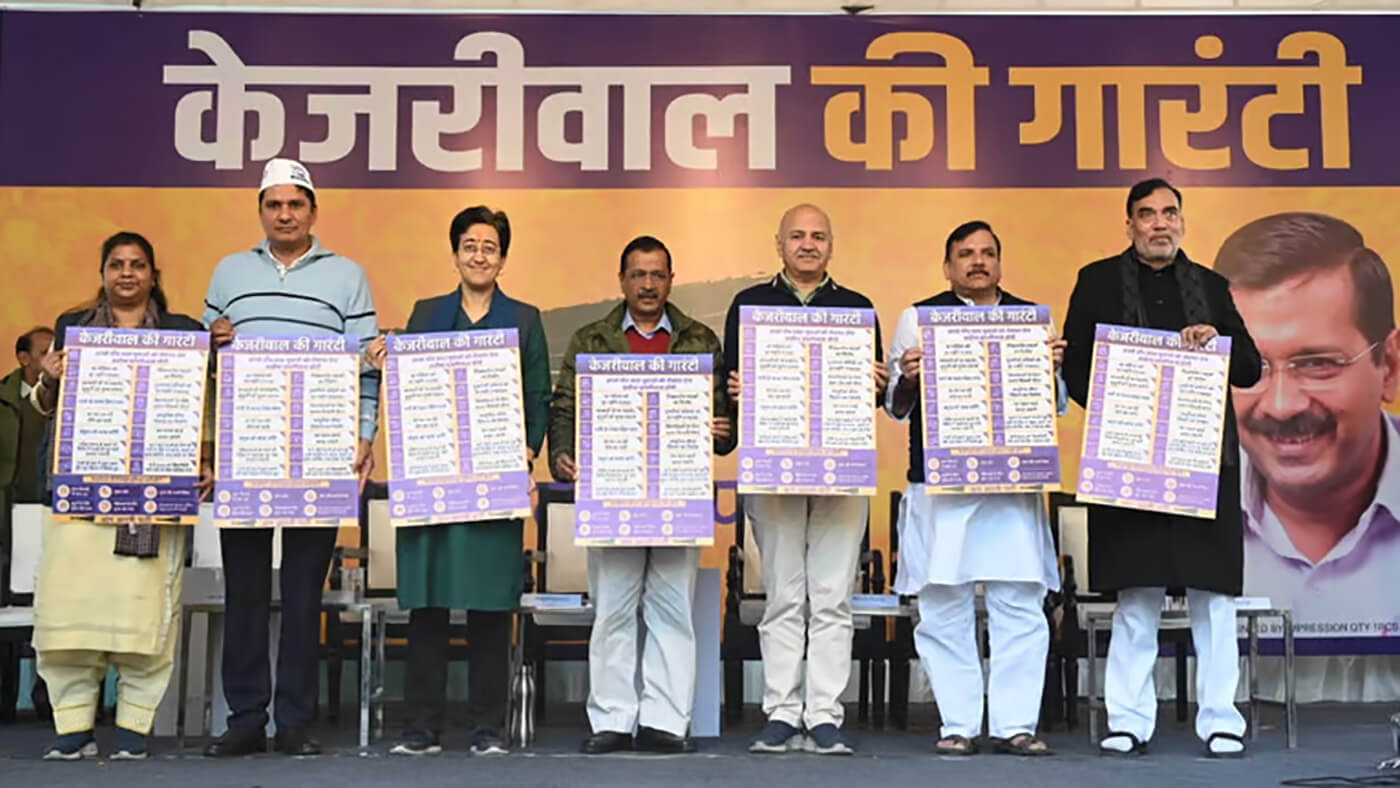“Delhi Lieutenant-Governor V.K. Saxena appealed to the people of Delhi on Sunday (January 26, 2025) to exercise their franchise and vote to thwart “publicity-managed” consent or dissent in the upcoming Assembly election in Delhi.
Lieutenant Governor (LG) VK Saxena accused the AAP government of failing to provide basic infrastructure, stating that the people of Delhi were forced to live amidst sewage water. Saxena made these remarks on Sunday during the inaugural episode of the podcast series, “Apni Dilli Apni Baat”. He emphasised that it is the responsibility of every state government to ensure clean water, healthy environments, good roads, and better living conditions. January 12
The Delhi High Court on Friday (January 24, 2025) refused a petition by several Bharatiya Janata Party (BJP) MLAs that the 14 CAG reports linked to policy initiatives of the Delhi Government be tabled at the State Assembly.-January-24
The Union Home Ministry has granted sanction to the Enforcement Directorate to prosecute former Delhi Chief Minister and AAP national convenor Arvind Kejriwal in the excise policy linked money laundering case, officials said. January 15.
A political controversy erupted on Saturday after Aam Aadmi Party chief Arvind Kejriwal questioned the deployment of Gujarat Police officials in Delhi during the polls.
Kejriwal posted on X on Saturday evening, “Read this order of Gujarat Police. Election Commission has removed Punjab Police from Delhi and deployed Gujarat Police. What is going on?” January 26.
Delhi Election 2025: Ahead of the 2025 Delhi Assembly elections, AAP, BJP, and Congress have unveiled their manifestos, promising a range of welfare schemes to address unemployment, women’s issues, healthcare, and subsidies. AAP focuses on employment, free services, and health benefits; BJP pledges continued welfare initiatives and education support; while Congress aims to revitalise the city with job creation and subsidies. As voting day approaches, the competition intensifies, offering Delhi voters distinct choices.
In the triangular contest for the Delhi Assembly elections, three scenarios are possible. First, the status quo remains, and the Aam Aadmi Party (AAP), despite a decline in its vote share from 54% in 2020, sweeps the elections again with over 45 seats and 45% vote share.
Second, the Congress regains its lost vote share from AAP and enters double-digit territory. This scenario indirectly aids the Bharatiya Janata Party (BJP) in critical seats, leading to a 2013-like result with no clear majority for any party. However, this outcome is the least likely.
Third, the BJP intensifies its campaign, escapes the “trap of thirty” it has been stuck in since 1998, and achieves a vote share exceeding 45%, putting it in direct competition with AAP in at least 35 seats. January 23.”
The above are the news reports of various media houses on elections gives an overview of the bitter political battle on for the mandate of the people of Delhi for a government, which has to function under a Lft Governor, appointed by the Centre.
After 26 years, the ruling Bharatiya Janata Party (BJP) appears hell bent on capturing power in the Union Territory of Delhi, where the Aam Admi Party(AAP) has been beating anti-incumbency for the last 10 years and is hoping to rule the national capital for the third time. Congress, having been wiped out of the State assembly, is caught between the two bitter rivals BJP and AAP and hope to mark their presence in the capital.
The ruling AAP is plagued by allegations of corruption following a new liquor policy which saw a novel and effective deployment of vends. The allegations are that many new vendors have got the orders and they have funded the AAP for their elections in other States. This led to the arrest of Chief Minister Arvind Kejariwal and his deputy Manish Sisodia. Both the leaders were given bail by the Supreme Court which made not so charitable remarks about the investigative agencies. This has led to the allegations of weaponizing Central investigating agencies against political opponents, a not so new factor in Indian politics.
What is new is the ruling BJP at the centre has gone all out against the AAP using its entire official machinery, be it the Lft Governor, who started a podcast making allegations against his own government, urging CAG to release its report urgently, changing even the Punjab police deployment in the capital for elections. Not just that BJP has launched a three part manifesto to woo the voters as against the 15 guarantees of AAP manifesto.
It is a fact that the AAP party has won over the urban villages in Delhi which are spread across the city and might form 30% of the voters with their welfare schemes, which included free water and electricity and better schooling for their children in government run schools. Not just that, many of these unauthorized colonies have been given proper roads and removed their fear of eviction in as many as 895 colonies. Despite new flats constructed for occupants of such colonies by the Centre controlled DDA, the BJP has not been able to break the hold of AAP among the colonies. Adding to this 30 percent is almost 13% Muslim population which are perceived as voting en bloc against BJP and its Hindutva politics. Even if some portion of these groups goes to BJP, AAP is still in good electoral form since the middle class of Delhi considers AAP as its favorite party for its work with roads, water and electricity, which they continue to subside in many ways.
No wonder BJP is using the entire might of the Central government to prove AAP wrong. However, being a politically informed State, it needs to be seen whether the BJP can make any dent in the strong political base of the AAP. It is strange that the same vote base of AAP votes for BJP in Parliament, but prefers AAP for State government.
As for Congress, no one knows what is their strategy, as they work as spoilers for AAP . Knowing full well that they cannot dent the votes of BJP, they are hell bent on targeting the AAP vote bank of the urban slums and middle class. There is a feeling that Muslim minority has a soft corner for Congress, as nationally it is effective as an opposition to BJP and its hindutva politics. But they forget the minorities are keen on defeating BJP, with any non-BJP parties , a fact clearly seen in Muslim majority Lok Sabha seats during 2024 general elections.
Whatever be the outcome of the elections, Delhi assembly elections of 2025 will be a watershed one in India democracy, since it will be the first one where the ruling party at the Centre is using all its institutional mechanism to defeat an incumbent party in power. Whether the voters of Delhi which give almost 50% vote share to AAP during the last two elections will get swayed by the onslaught of BJP through various governmental institutions to persuade them to change their political preference. If they do, it will be a new chapter in the electoral history of the country.




